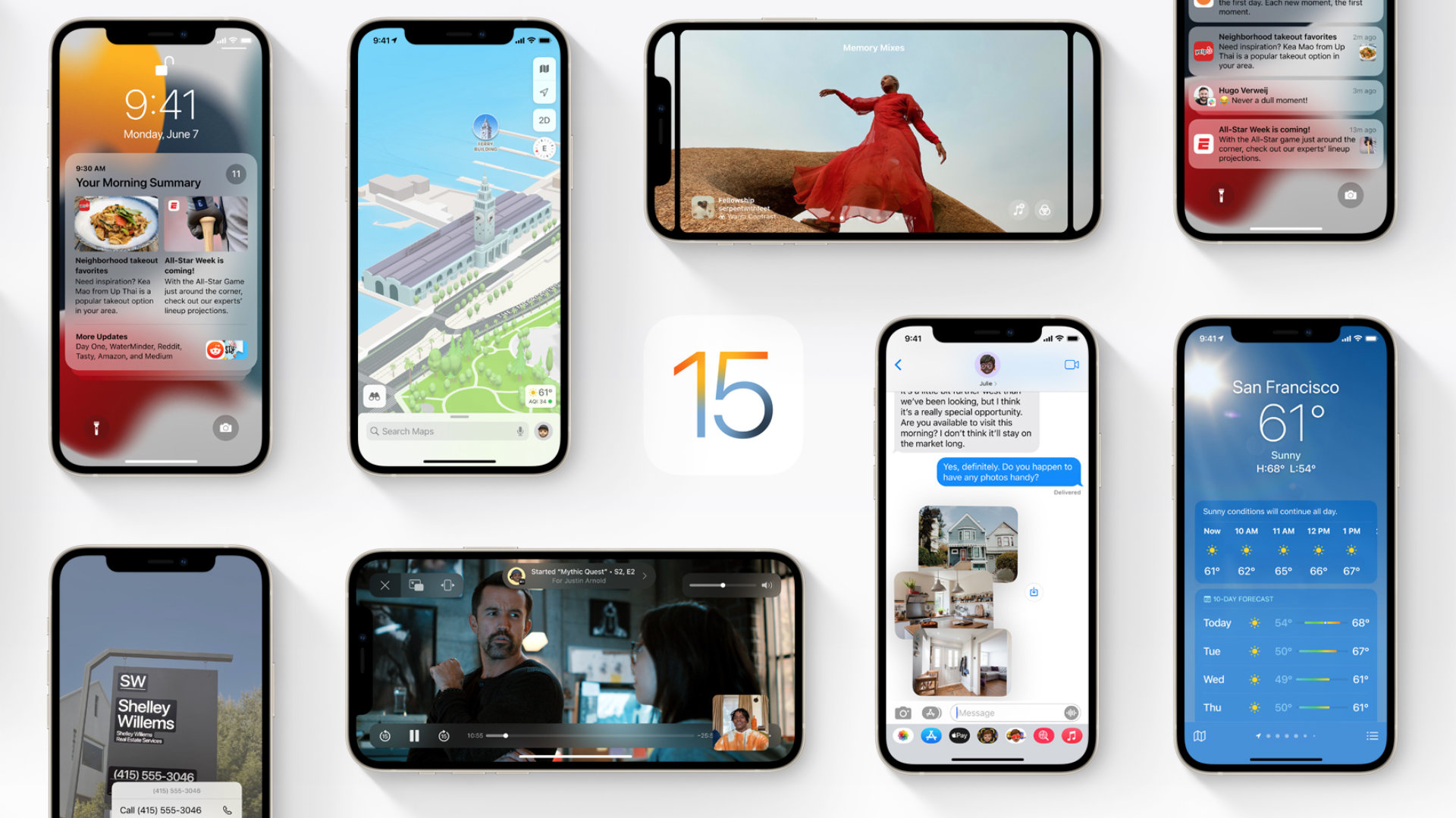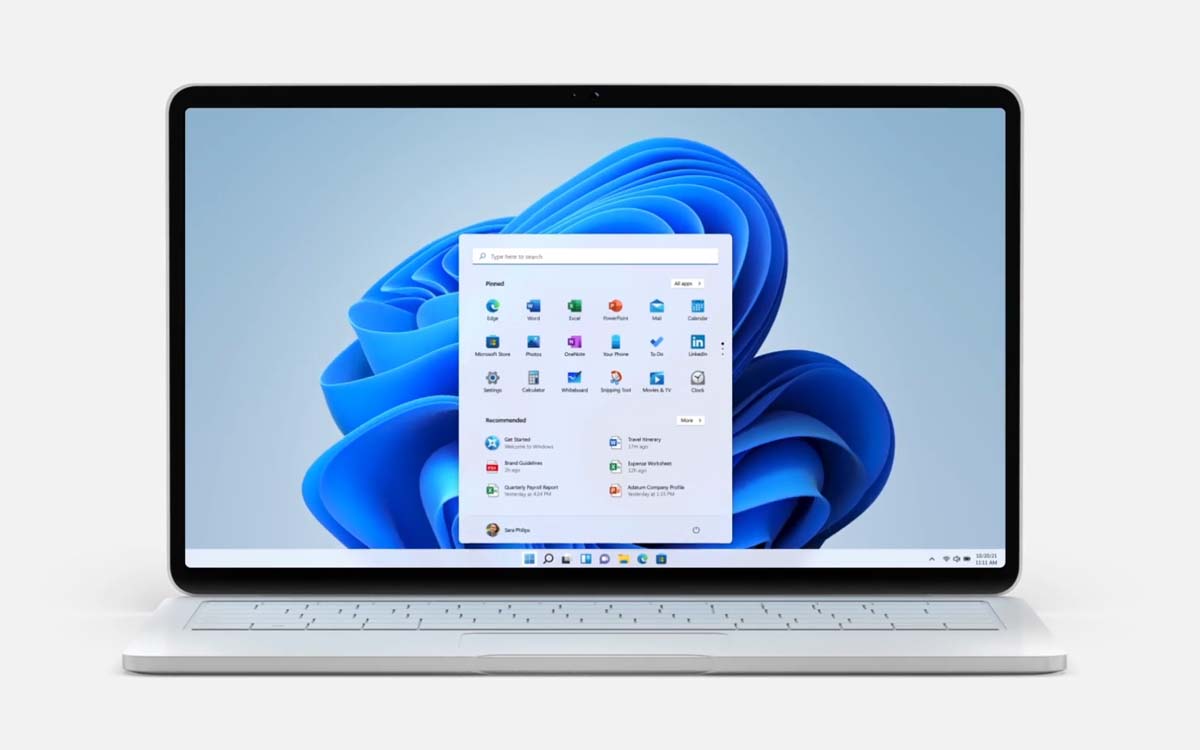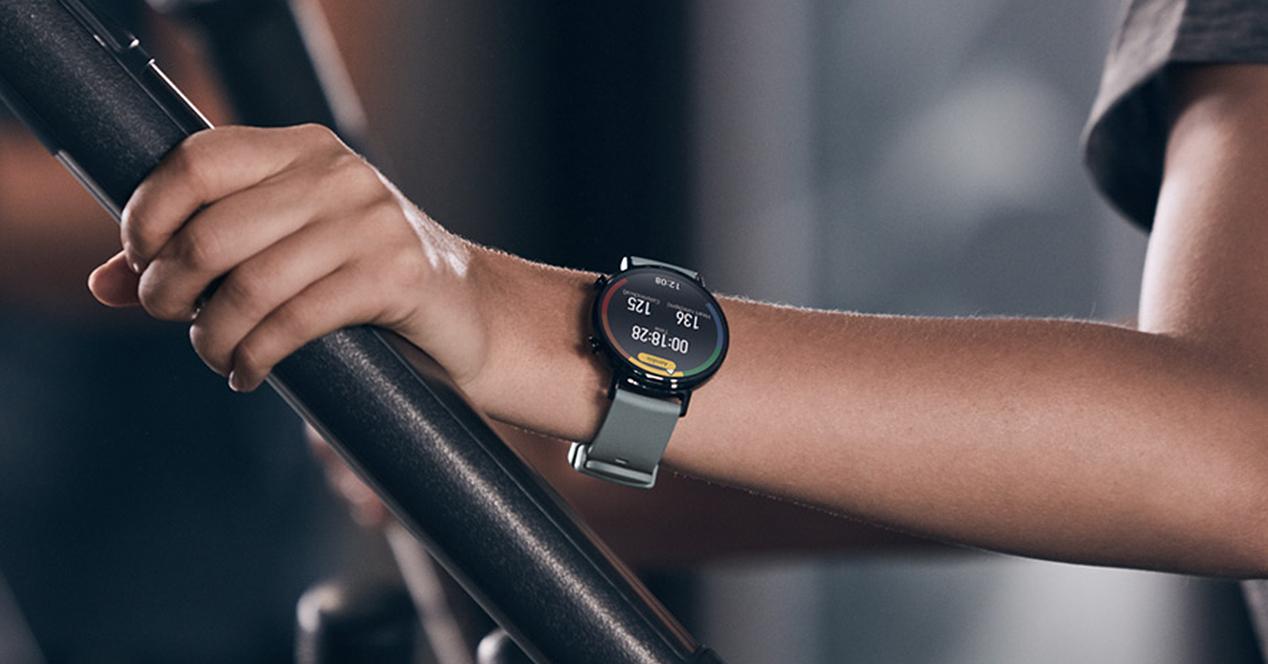
New Apple concession: the American company will now seek the consent of individuals before targeting them with advertising, in iOS 15. Apple is thus aligning itself with what it requires from advertisers, but gaps remain.
The time has come for major renouncements at Apple. While on the App Store side, the Cupertino company has, in the space of a few days, relaxed the rules that apply to applications (in particular, the right to redirect customers out of the iOS application and the possibility of sending him information by email on payment methods), it is now on the side of targeted advertising that this is happening.
Apple aligns with its rules with iOS 15
With iOS 15, a new version of the operating system for iPhone, the Cupertino company is planning a change in the way it addresses individuals to talk to them about “personalized advertising”, that is to say those ads whose the content is adjusted according to the profile of each person, depending on their activity through the applications they use and the services they visit.
Concretely, a new pop-up window appears superimposed on the screen to ask the Internet user’s opinion on the targeted advertising – does he wish to activate it or refuse it? This provision is not reserved for the European Union, whose law provides for the prior request of the individual’s consent, due to the GDPR, but also concerns other countries, as The Verge noted on September 2, 2021.

In fact, Apple is applying its ad tracking rules to itself in iOS 15, but out of step with the ad sector. With iOS 14, released in 2020, the group requires the companies concerned to obtain the approval of Internet users before any targeted advertising. But they let their dissatisfaction burst, believing that the owner of the iPhone did not submit to it.
In France, these issues have given rise to an action launched by advertisers (IAB France, MMAF, SRI and Udecam), without success for the moment, even if the Competition Authority has specified that it is continuing its investigations. At the same time, Apple chose in September 2020 to postpone its measure against advertising tracking to 2021, on the grounds of giving the ecosystem time to adapt.
A different wording
iOS 15 therefore aims to align the consumer electronics giant with advertisers, with one caveat, however: while third-party advertisers have a generic and basic pop-up, Apple displays a personalized insert whose formulation is less anxiety-provoking. We are not talking about tracking, tracking or tracking, but personalization, and we are careful to say that confidentiality remains guaranteed.
This less burdensome presentation on the side of Apple is likely to push the advertising market to maintain its battle against the American company, on the grounds that it is not quite on the same starting line as the others. But at the same time, the fact that a pop-up now also concerns Apple means that one of the great arguments against the group is, if not neutralized, at least weakened.
This maneuver to escape accusations and trials could also aim to comply with regulations, the violation of which is likely to cause other types of concerns. However, this will have the effect of producing an unfriendly experience, because due to the GDPR and Apple’s rules, two consent windows will appear on the screen.



